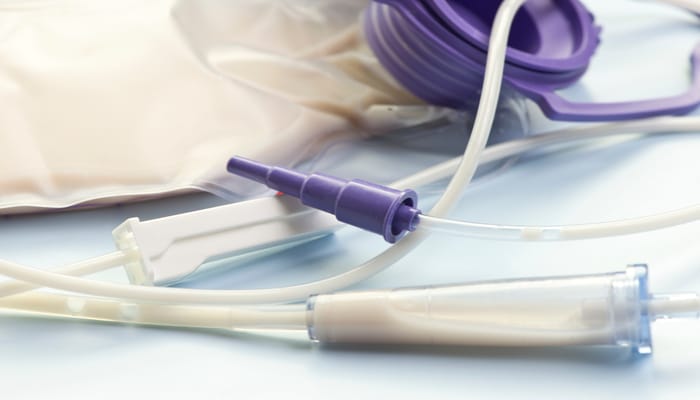When your child needs a feeding tube, the adjustment period can feel overwhelming. Parents often worry about their child’s comfort, nutrition, and overall well-being. However, with proper care and understanding, children with feeding tubes can lead healthy, active lives while receiving the nutrition they need to grow and develop.
Understanding Your Child’s Nutritional Needs
A feeding tube ensures your child receives essential nutrients when oral feeding isn’t possible or sufficient. The medical team will calculate specific caloric and nutritional requirements based on your child’s age, weight, and medical condition. These calculations consider growth patterns and any increased metabolic needs due to underlying health issues.
Regular monitoring allows you to track your child’s progress. Weight checks, blood work, and growth measurements provide valuable feedback about whether the nutritional plan meets their needs. Parents should maintain open communication with their child’s healthcare team about any concerns or changes in their condition.
Establishing a Comfortable Feeding Routine
Creating a predictable feeding schedule helps both you and your child adapt to this new reality. Most children benefit from structured feeding times that align with their natural circadian rhythms and daily activities. This consistency reduces anxiety and helps the body process nutrients more effectively.
During feeding times, many parents find success in maintaining normal family meal routines. Your child can still participate in family meals, even if they’re receiving nutrition through their tube. This social connection preserves important family bonding time and helps your child feel included.
Managing Common Challenges
Equipment malfunctions occasionally occur, and learning to troubleshoot clogs in feeding tubes becomes an essential skill. Your medical team will provide training on basic maintenance and problem-solving techniques.
Skin irritation around the tube site requires daily attention. Gentle cleaning with appropriate supplies and monitoring for signs of infection prevents complications. Your healthcare provider will demonstrate proper cleaning techniques and identify warning signs that require medical attention.
Supporting Your Child’s Emotional Well-Being
Children may feel different from their peers because of their feeding tube. Open, age-appropriate conversations about their medical needs help them understand and accept their situation. Many children benefit from connecting with other families who share similar experiences.
Encouraging normal activities whenever medically appropriate helps your child maintain their sense of independence. Most children with feeding tubes can participate in school, sports, and social activities with minor modifications. Working with teachers and caregivers ensures your child receives proper support in various environments.
Preparing for Independence
As your child grows, teaching them age-appropriate self-care skills builds confidence and autonomy. Older children can learn to manage their own feeding schedules, recognize problems, and communicate their needs effectively. This gradual transition prepares them for increased independence as they mature.
Moving Forward With Confidence
Caring for a child with a feeding tube requires patience, learning, and adaptation. The initial challenges will become more manageable as you develop expertise and confidence in providing care. Your child’s medical team remains your best resource for guidance, support, and problem-solving throughout this journey.
Remember that children are remarkably resilient. With proper care, nutrition, and emotional support, your child can achieve their developmental milestones and enjoy a fulfilling childhood despite the challenges a feeding tube may present.







